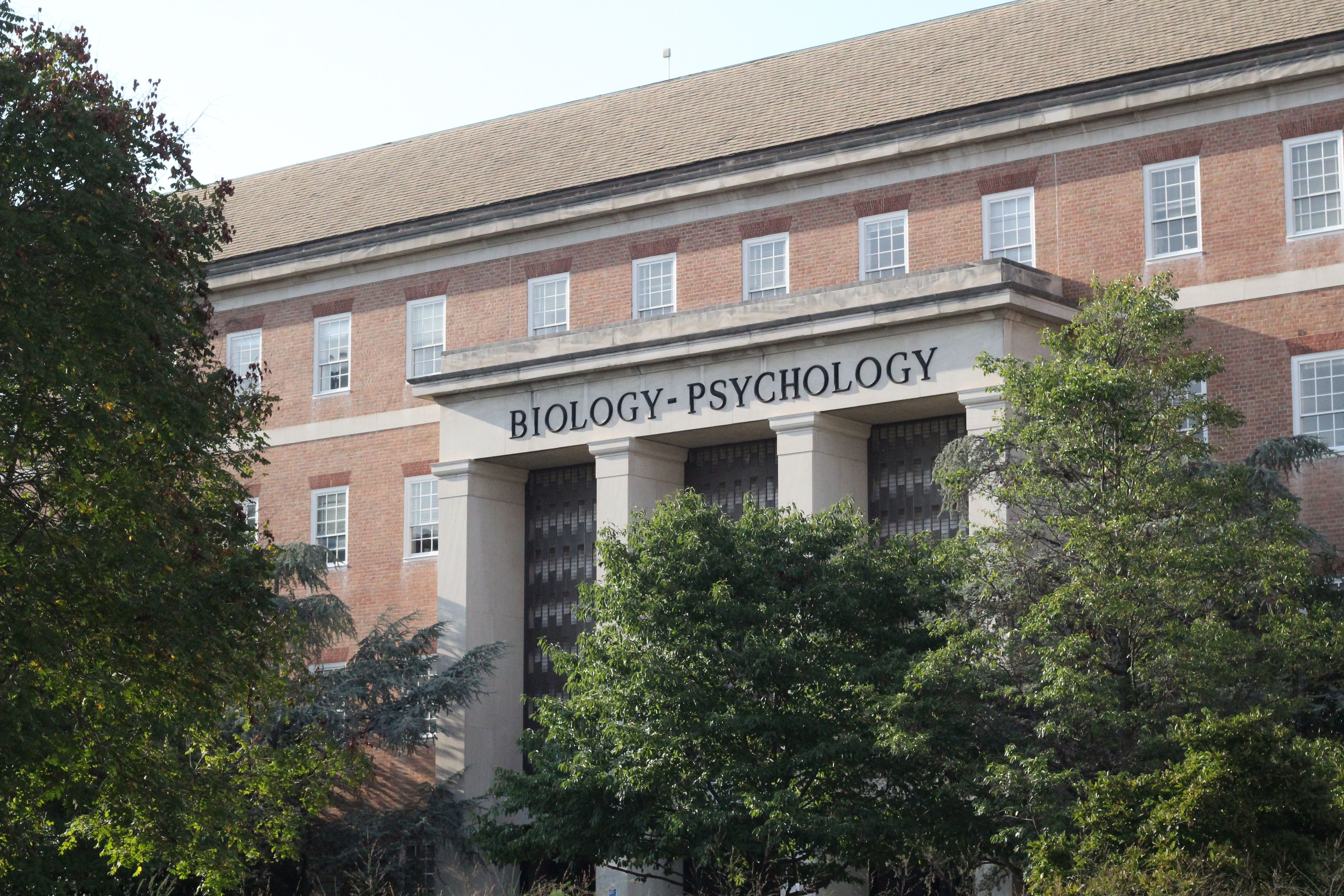Views expressed in opinion columns are the author’s own.
Exams.
Just reading that five-letter word may give some students test anxiety. There is nothing more ingrained into America’s higher education system than standardized examinations. The first thing I do every semester is look on the syllabus to see how many midterm exams I’ll have and how heavily they’re weighted. In one of my electrical engineering courses this semester, a whopping 70 percent of my overall grade is based on only one midterm and the final.
The feeling that midterms and finals constitute far too large a portion of students’ grades is a common one. But is there anything that we as students can do about this testing injustice that we seem to always face? This semester, I am enrolled in the last general education course I need, PSYC289D: Living the Good Life: The Psychology of Happiness. Multiple times this semester, my professor has emphasized that we the students need to be the change that we want to see in our education.
During our recent unit on extrinsic and intrinsic motivation, we learned that the current format of heavily weighted exams just isn’t a great way to gauge a student’s knowledge of the subject matter. Doing well on an exam is a form of extrinsic motivation, meaning it does not come from within the individual. People who are extrinsically motivated tend to do things even though those things don’t feel as rewarding, which leads to overall lower levels of happiness.
If students were intrinsically motivated in school — meaning they do something because it brings them joy — they would have higher levels of interest and show increased levels of learning.
After hearing the motivation behind boycotting midterms and final exams, the majority of my PSYC289D class decided to spring into action. On Nov. 5, around 80 students sat outside the classroom in the halls of the Biology-Psychology Building, refusing to take the second midterm of the course. During the protest, our professor, Dylan Selterman, came outside of the classroom to address the group, saying that there would be no alternate assignment and everyone who did not take the exam would receive a zero.
Most of the group did not budge. In fact, they went to the Student Government Association’s office in Stamp Student Union to voice their concerns.
This isn’t the first time students have protested one of Selterman’s exams. In fact, just last year, Selterman’s PSYC289D students decided to boycott one of their exams. And it worked: Students were given the option to complete one of four alternative assignments that would replace their midterm grade. These students were able to format their education to suit their own needs instead of the professor’s or the university’s.
Students this year are hoping that by recreating a similar midterm boycott, we can continue the conversation regarding exam alternatives and making them more common at our university.
So, if students shouldn’t be taking exams, what could properly gauge their understanding of course material?
Ideas about what should replace exams vary. I believe that if students are given the opportunity to write about things they have learned in their classes through a research paper or a creative assignment, they gain a better understanding of the material.
Being able to relate things that we have learned inside the classroom to the larger world around us helps to improve understanding of the material and creates a more enjoyable education experience.
Taking a 55-question multiple-choice exam doesn’t spur learning. Rather, it leads to memorization of the material, which is quickly forgotten as soon as the semester has ended. A class that focuses on happiness and living a happier life seems like the perfect place to start a conversation regarding those never-ending exams.
Zachary Schlaich is a senior computer engineering major. He can be reached at zachschlaich1998@gmail.com.



